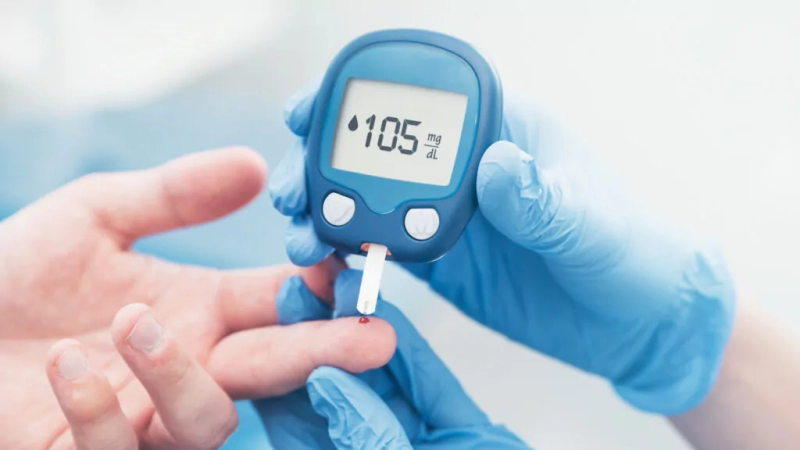The clarification came from the National Pharmaceutical Pricing Authority (NPPA) that medical devices including orthopaedic implants will be in drugs category, which applies the provisions of DPCO 2013 to notified medical devices. NPPA said “Para 20 of DPCO, 2013 gives us the non-scheduled formulation monitoring. Under Drugs & Cosmetics Act & Rules, medical devices along with orthopaedic implants are classified as drugs. So the medical device manufacturers contention of saying that medical devices does not fall under the provisions of 2015 is totally incorrect.” By this statement NPPA has clearly refuted the contention of medical devices manufacturers especially orthopaedic implants manufacturers. READ ALSO: Register your medical devices in India, Documents required for medical device registration in India.
NPPA has asked for information on prices of orthopaedic implants earlier this year to initiate tough action against overpricing which violates Drugs & Cosmetics Act. Informations like product specifications, ex-factory price, landed cost, distributor cost, year to year maximum retail price (MRP) are also sought by NPPA. The NPPA mentioned, no manufacturer or importer or distributor can be allowed to increase their maximum retail price more than 10% within 12 months time. The manufacturers/importer/distributor shall be liable to deposit the overcharged amount along with interest thereon, from the date of increase in price in addition to the penalty.
Other News
India Medical Device Pricing Strategy: Ensuring Growth & Affordability
India’s National Pharmaceutical Pricing Authority (NPPA) is developing a specialized India medical device pricing strategy for medical devices, transitioning away from the conventional drug-centric framework. This innovative strategy will incorporate international pricing tactics tailored to […]
Read MoreImports of High-Value Medical Equipment
High-Value Medical Equipment The Central Drugs Standard Control Organization (CDSCO) and the Central Board of Indirect Taxes & Customs have released a new circular, “F.No.401/40/2021-Cus.III,” detailing updated policies on the import of used high-end medical […]
Read MoreSEC Committee: Pioneering Medical Approvals
New important article released by Central Drugs Standard Control Organization (CDSCO) titled “SEC – Special Expert Committee, Medical Devices”. Key highlights include the streamlined processes for CDSCO application evaluations, preparation and significance of briefing materials, […]
Read MoreErlySign Oral Cancer Detection Technology Gets CDSCO Nod
ErlySign, a Nagpur-based biotech startup, has received approval from the Central Drugs Standard Control Organization (CDSCO) to conduct large-scale clinical trials for its novel oral cancer detection technology. The approval for ErlySign follows a rigorous […]
Read MoreAdditional Steps Announced by FDA to Modernize Clinical Trials
The U.S. Food and Drug Administration has made draft guidance available with updated recommendations for good clinical practices (GCPs), which are intended to modernize the clinical trial design and conduct while maintaining data integrity and […]
Read MoreAccreditation and Registration Numbers for Foreign Manufacturers Publication by PMDA
This article deals In accordance with the Pharmaceuticals and Medical Devices Act (PMD Act) of Japan, foreign businesses that wish to produce pharmaceuticals, quackery products, active pharmaceutical ingredients (APIs), or medical devices abroad and import […]
Read MoreBSI New Certification to Mitigate Antimicrobial Resistance Risk in Antibiotic Manufacturing
BSI, the business improvement and standards company, has developed a new certification to mitigate the risk of antimicrobial resistance (AMR) in antibiotic manufacturing. The certification, called the Minimized Risk of Antimicrobial Resistance (AMR) certification, will […]
Read MoreTUV SUD Inspects IVD Medical Devices’ Cyber Security
The growing digital connectivity of medical infrastructure is resulting in complicated systems with a plethora of diverse interfaces that are potentially vulnerable to assault. The IVD requires producers to provide proof of cyber security before […]
Read More


